KARACHI: If you don’t like us then arrest us. Shoot us. But if you think you can change us then forget about it, said Maulana Abdul Aziz staring into the camera in an interview with Mohammad Ali Naqvi and his team for the documentary Among the Believers, which was screened privately in the city on Thursday evening.
Maulana Aziz’s words left a chill in the room as the audience gathered to an invite-only event and watched an unsettling and eye-opening exploration into the expansion of the Red Mosque’s madressah network in Pakistan.
On April 29, the film was banned in a notification issued by the Central Board of Film Censors citing that the film projected a negative image of Pakistan in the context of the ongoing fight against extremism and terrorism.
One of the film's two directors, Mr Naqvi claims these objections are unfounded.
According to Mr Naqvi, the documentary, first screened at the Tribeca Film Festival last year, took nearly six years to complete. “I am happy to be here,” he said, adding that this was the first time a film of his was being screened in the country. Two of his other films, one on street children and another on Mukhtaran Mai did not make it here.
“It’s exhilarating,” he said. “The government thinks we portray a negative image of Pakistan so we decided to have a private screening to give people the opportunity to make their own judgement.”
Among the Believers opens with a meeting with Maulana Aziz in 2009. Surrounded by armed guards, the maulana makes his way to the Red Mosque where people greet him and some kiss his hand. Throughout the documentary, the maulana is surround by armed gunmen and followers.
In the first interview, Maulana Aziz introduces a young boy whose father has just left his mother. The madressah took him in and started to look after his religious education. When asked by Maulana Aziz what he wants to be when he grows up, the child shouts: “A mujahid!”
Mr Naqvi’s film follows Maulana Aziz’s personal quest to impose a strict version of Sharia law in Pakistan. Footage from one of the sermon’s he gave between 2007 to 2013 shows his telling a hall full of men that “progressive thought is dying”, asking them “will you go to jail for Islam?”. His primary weapon is his expanding network of madressahs which offer free food and lodging for children, men and women.
A contemporary narrative is provided in the form of Dr Pervez Hoodbhoy, a nuclear physicist and activist who explains what is being taught at madressahs and seminaries.
To examine Maulana Aziz’s narrative, the film also looks at the life of two young students — Talha and girl who ran away from the madressah, who are pawns in his ideological war.
Published in Dawn, May 6th, 2016

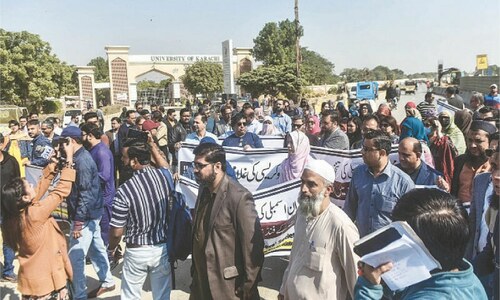


















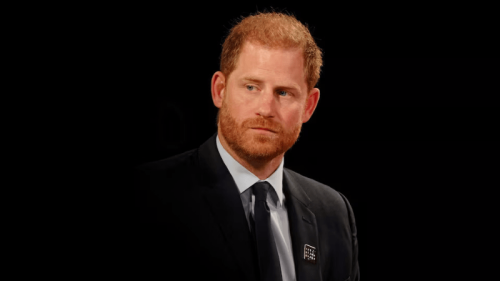
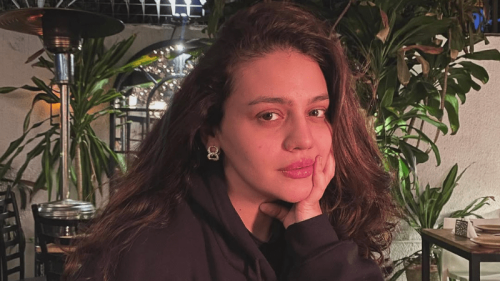
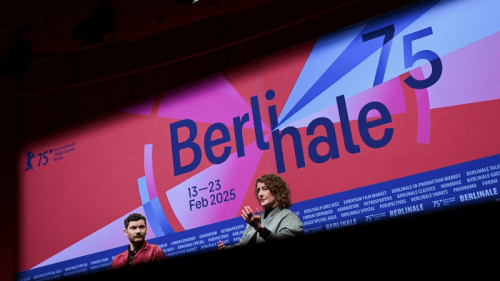








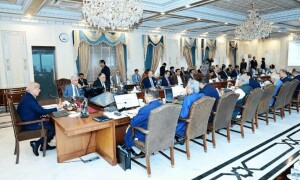
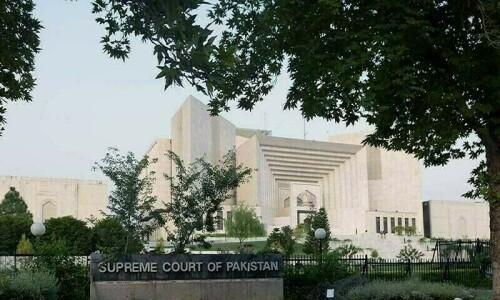
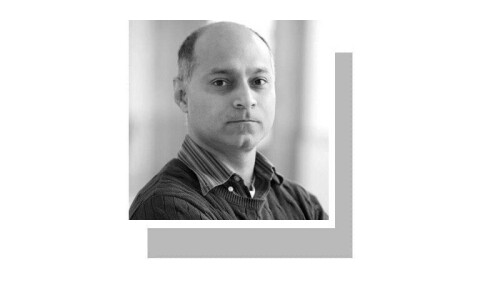
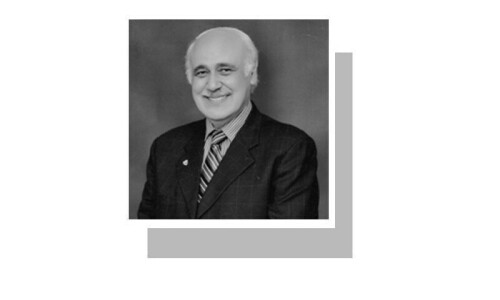

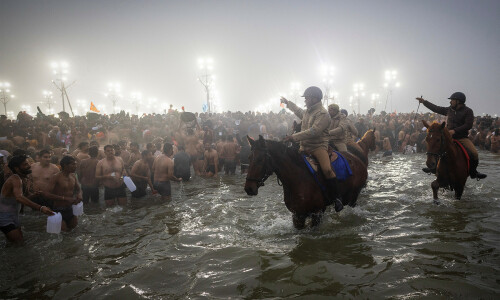

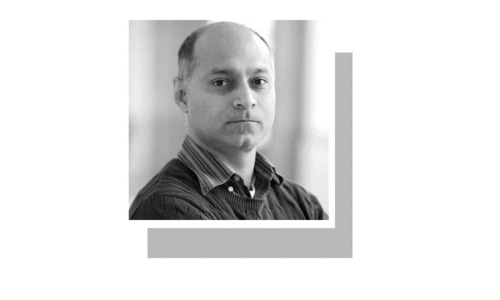
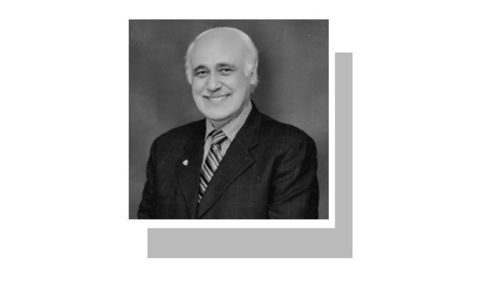
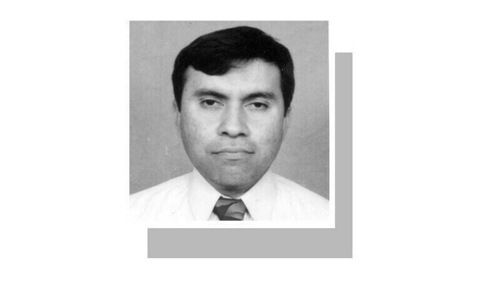

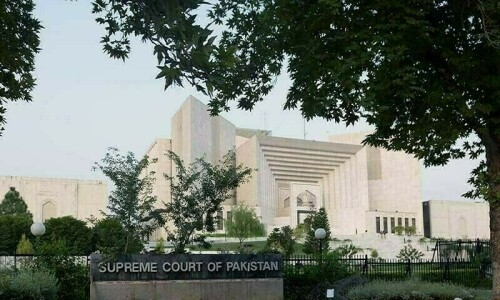


Dear visitor, the comments section is undergoing an overhaul and will return soon.